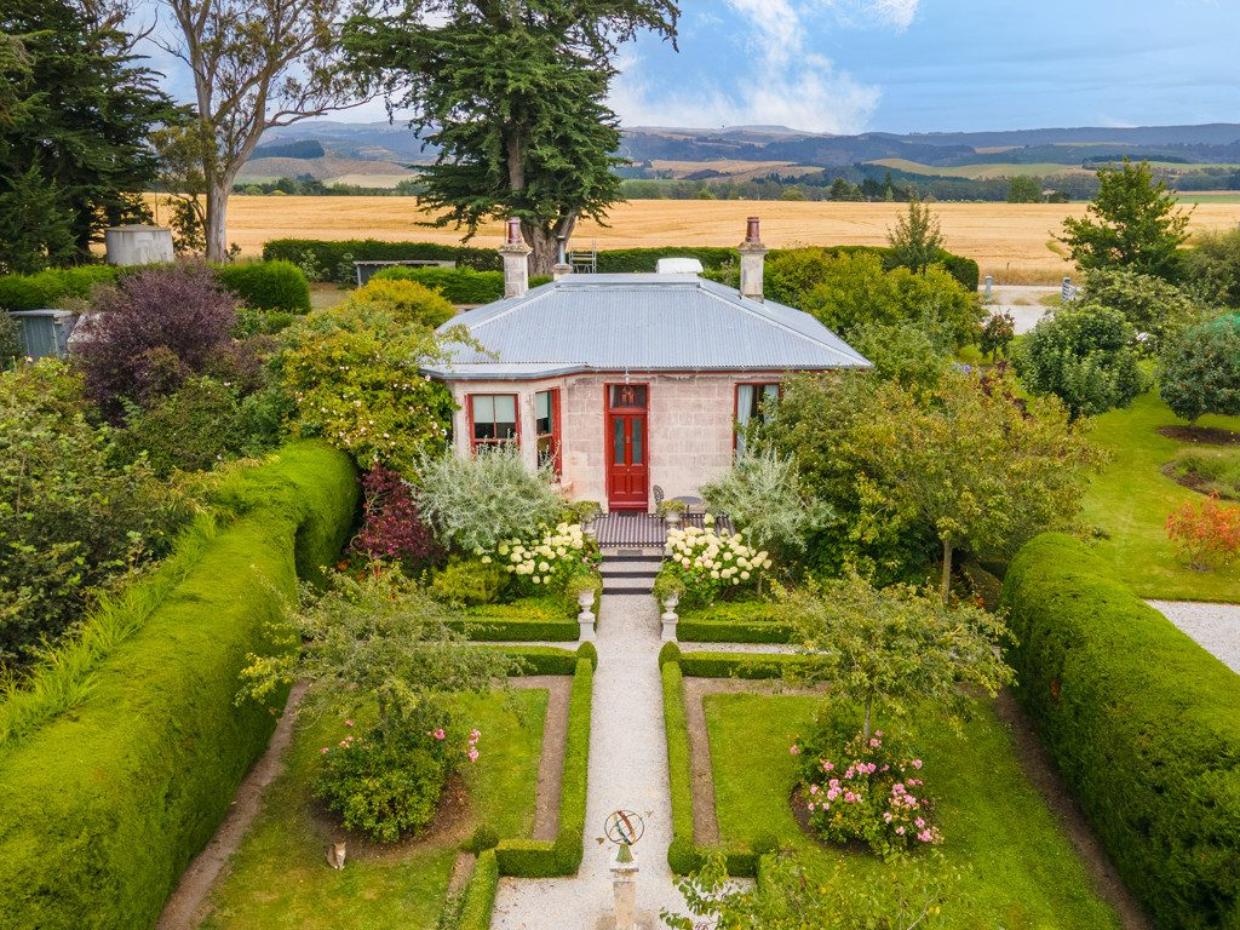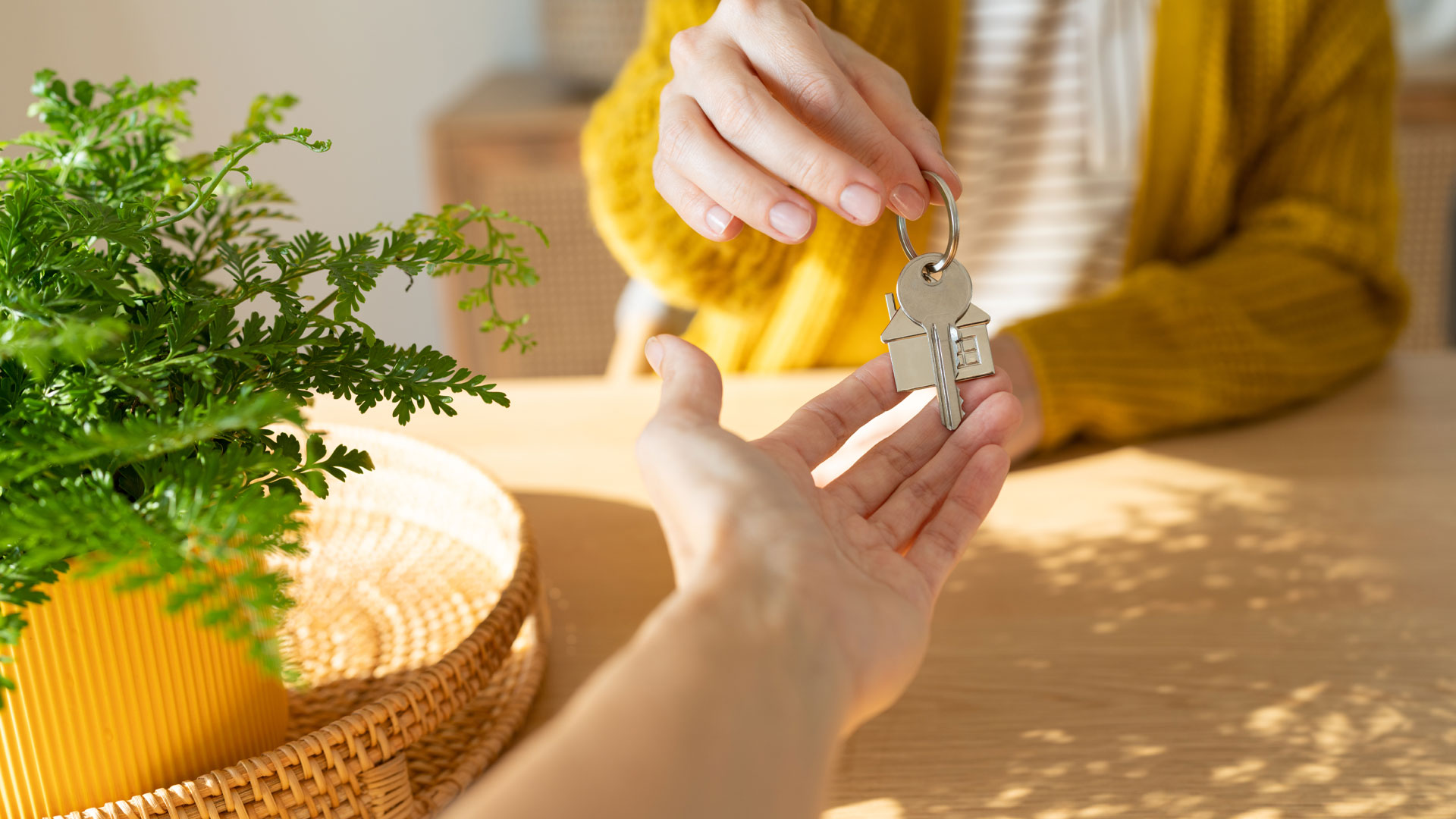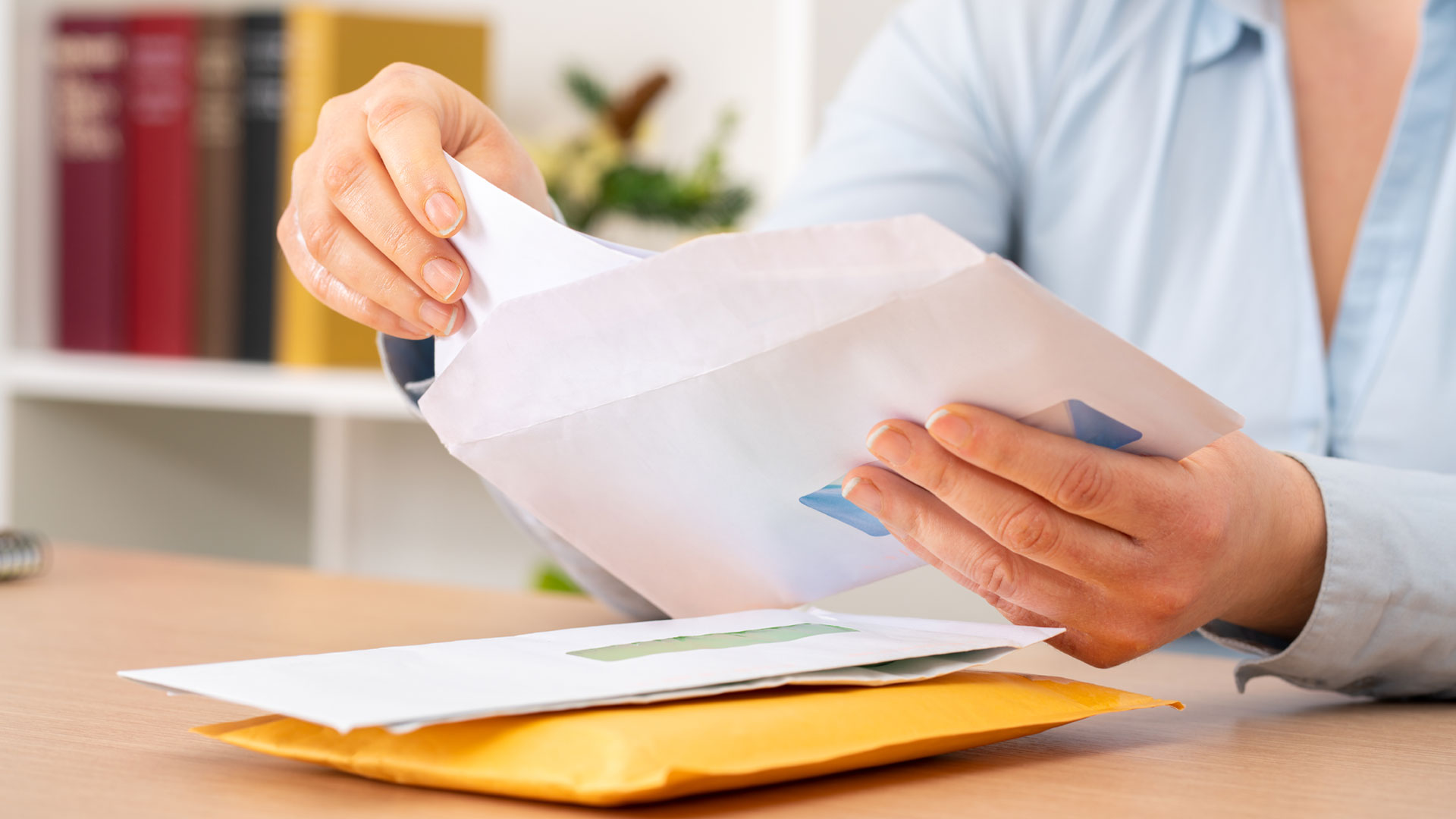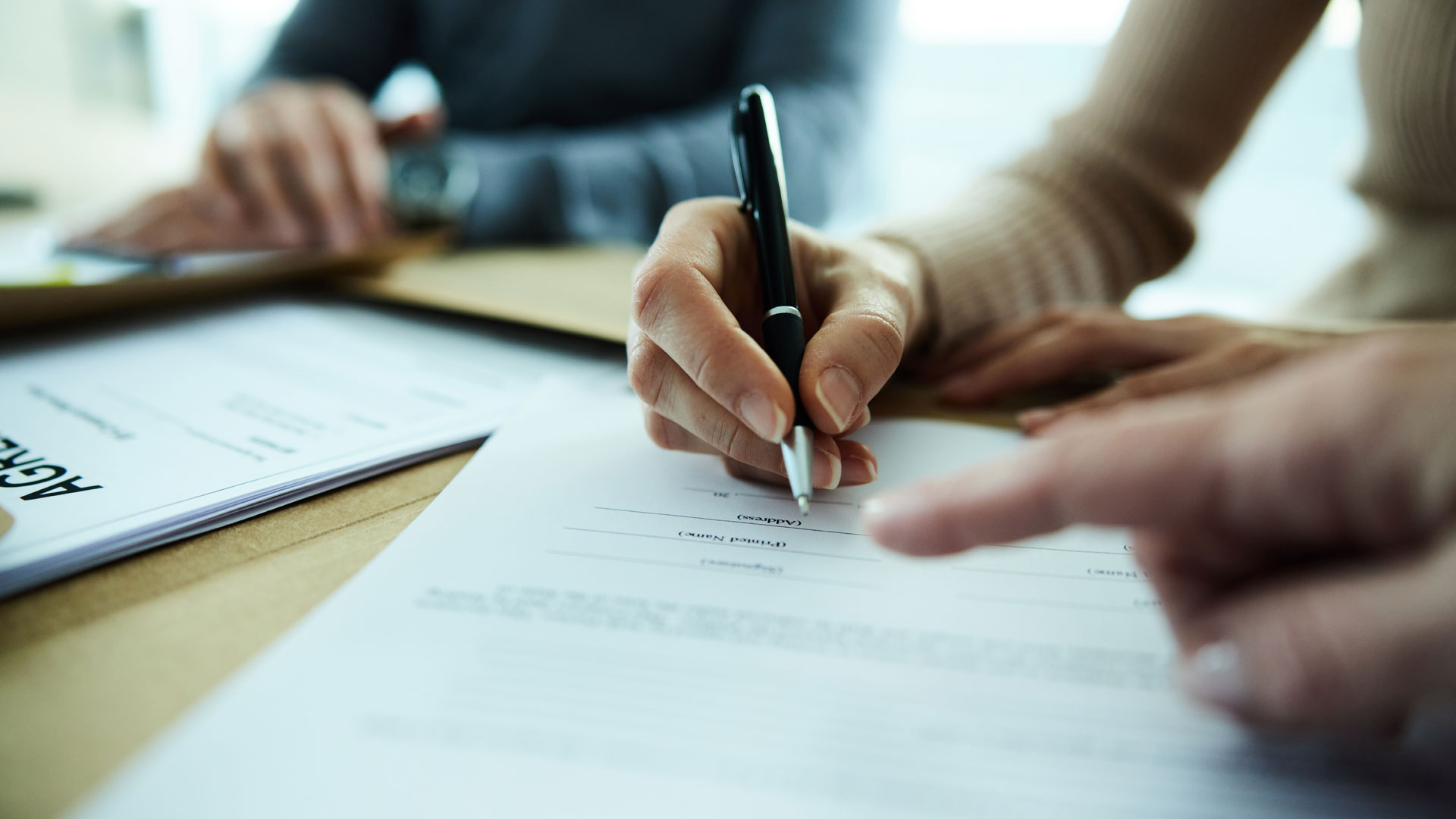Selling guide
What happens next after your home sells?
There will be a final push to get your sale over the finish line.
.png)
How do I accept an offer for my property?
If you sold by tender, you review all offers by a deadline and select which (if any) you want to accept.
What is the sale and purchase agreement?
When will you receive the money from your home sale?
You should talk to a lawyer before signing the sale and purchase agreement.
What is the settlement period, and what happens in this phase?
What happens on settlement day?
Author
Discover More

Derelict for 40 years: 1860s cottage beautifully restored by ‘hopeless romantics’
John and Janet Adams have renovated this historical cottage into a cosy haven that honours its rich past

‘People knock on the door because it’s such an amazing spot’: Coffee industry hotshot selling waterfront home
Peek inside Wellington architecturally designed waterfront home
Search
Other articles you might like






